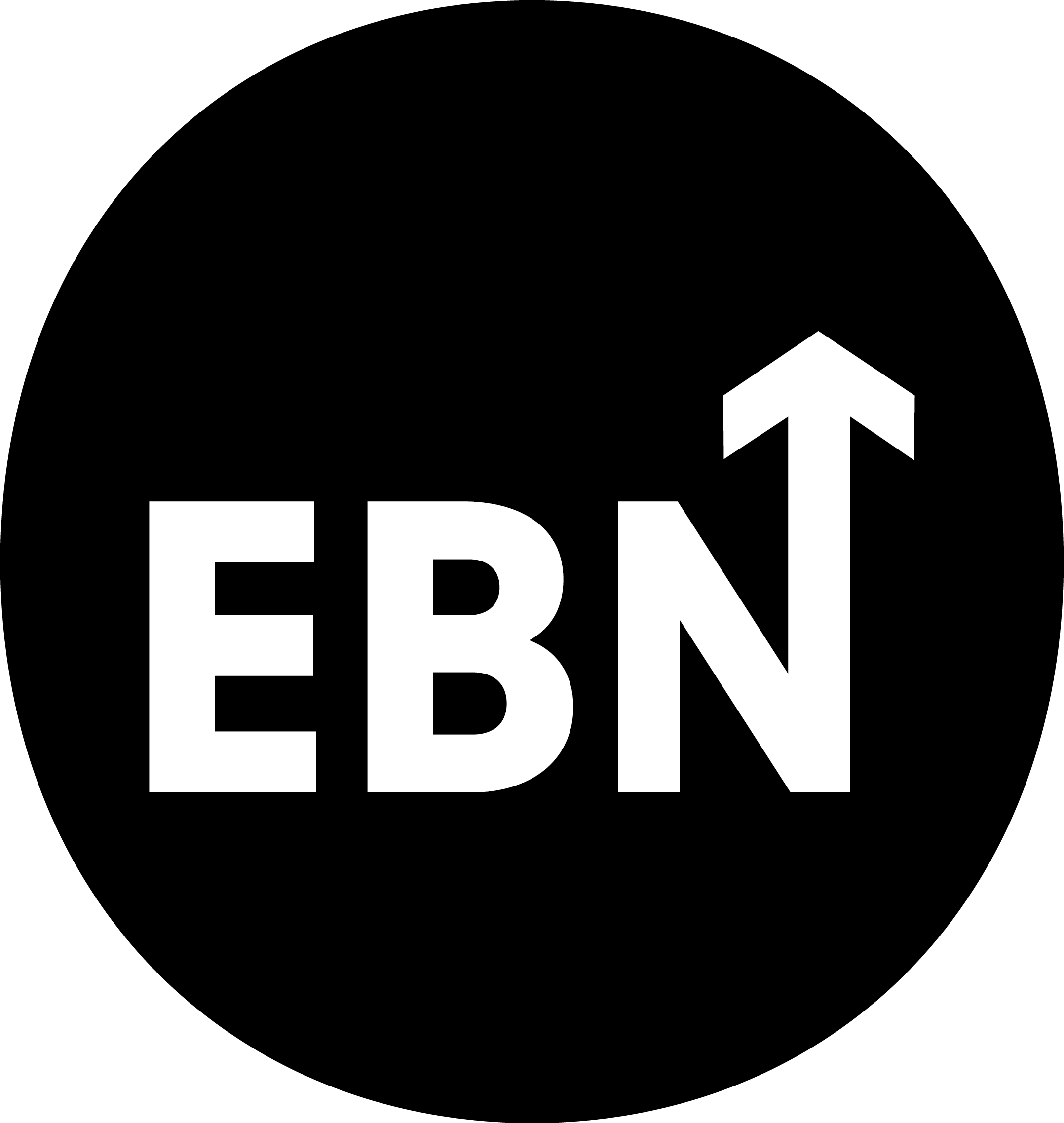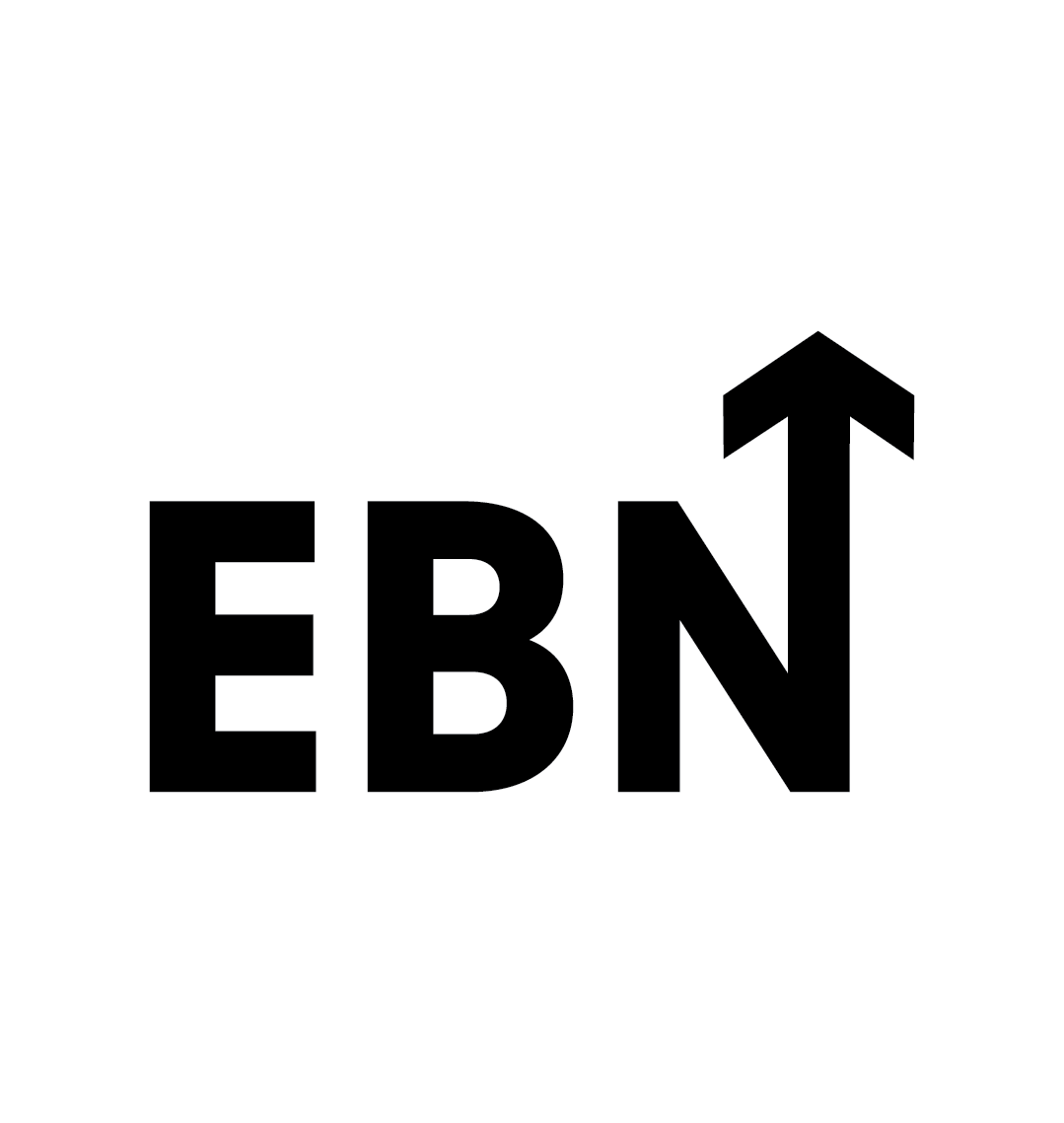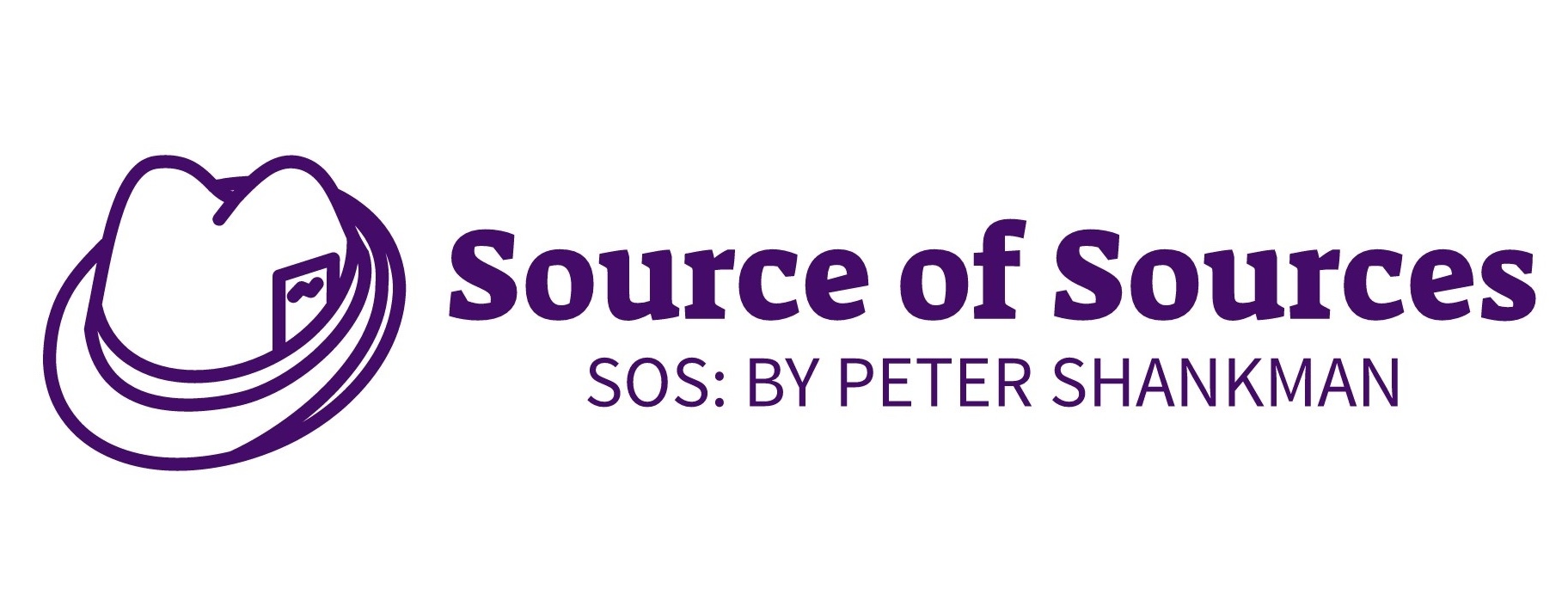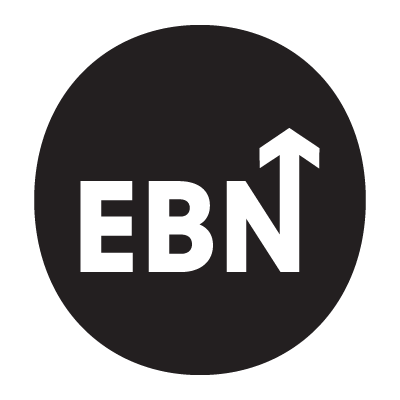Most companies treat SEO like a secret handshake, restricted to marketers and never shared. But Greg from Jolly SEO is here to let us in on a little secret: SEO is the employer brand’s untapped advantage. Ready to make your brand visible to the talent that matters?
Employer Branding’s Invisible Opportunity
In a competitive job market, top talent has the power to choose. Yet, most employers focus on marketing or recruitment SEO but overlook its potential in employer branding. We sat down with Greg from Jolly SEO to discuss how this approach is limiting brands and what SEO can really bring to the table.
Momentum isn’t always progress, especially when you always end up back where you started.
Fathom helps you escape the loop. With insight, not intuition.
From “Just Visible” to “Unforgettable”
Greg unveils the SEO strategies that can elevate employer branding to a strategic advantage. By focusing on candidate intent and creating a robust online presence, companies can position themselves as the destination of choice for top talent.
The Basics of SEO for Employer Branding
- Why should SEO matter for employer branding? How does it differ from traditional SEO for marketing or product visibility?
In the world of SEO, there is a term called “Branded Search”. All this term means is when consumers are searching for your brand, as opposed to a generic term.
Branded Search is extremely powerful in “bottom of the funnel” scenarios, or at the end of a customer’s journey.
Note: While Branded Search can be expanded to include a branded product, in this context of employer branding, Branded Search is distinctly different from product-based search in that the keyword is exclusively your brand name.
In terms of the job search, we are not talking about the searcher buying something. However, they are making an important life decision.
Employers understand that job seekers look up their company to read employee & customer reviews. Reputation management is an entire field of discussion we could expound on in another article.
Helping HR, talent acquisition, employer branding, and company culture professionals find careers worth smiling about.
In short, if you can own your own “Branded Search” search engine results pages (SERPs), then you are in prime position to be the first destination for a job seeker searching for more information about your brand.
- Are there foundational SEO principles that companies consistently overlook in their employer branding? If so, what are they?
If you aren’t familiar with Google’s Knowledge Graph, it’s an important concept. Imagine a little “voodoo doll” or “avatar”, which Google creates for your brand’s ‘entity’, as they are called.
All of the times your brand is referenced, hyperlinked to, etc. become additional data points which your avatar is comprised of.
Wikipedia, top tier media publications, social media, etc. are all sources that feed into your brand’s entity.
- What’s the role of content specifically tailored for candidates in SEO?
Your content strategy around job candidates should address their fundamental concerns as an applicant. In 2025, those questions might include:
- What is the workplace culture like? Is there work-life balance?
- Are the benefits on par with, superior to, or inferior to comparable companies?
- Is the compensation comparable with what is on offer at other companies?
- Does the company foster my personal and professional development?
Create a content strategy which incorporates keywords from these core user search intents, and you will capture candidate Google Search queries beyond your brand name.
Deep Dive into SEO Tactics and Strategies
- What are the best SEO tactics for building visibility in a crowded job market? Are there any unconventional strategies that work particularly well for employer branding?
To position the employer as a whole above other brands, consider an outreach campaign that is a hybrid of PR & SEO. Secure brand mentions and backlinks on high tier publications such as Business Insider, Forbes, LA Times, etc., especially in articles on either your company’s industry or topics related to employee wellness.
- How can companies optimize job listings and career pages to align with what candidates are searching for?
Unless a position is going to be open, ongoing, for 6+ months, I would not recommend SEO as a marketing channel for a specific position; SEO is a long-term strategy. I suspect most job listings would close prior to benefitting from an SEO campaign around that specific listing.
The short-term complement to long-term SEO campaigns is paid media. For a specific job opening, consider opening up a paid job listing on LinkedIn, or a specific platform for your industry, e.g. SEOJobs.com.
- Do you think integrating SEO for employer branding is feasible for companies with limited resources? How can smaller teams get started without an SEO expert?
There are a number of free resources one can use. Start with Ahrefs and Moz free tools:


Doing your own outreach for linkbuilding can be a cheap way to earn high quality backlinks; just beware of linksellers (andre-sellers!). Some fantastic free options you can sign up for are "Source of Sources" and "Help a B2B Writer".
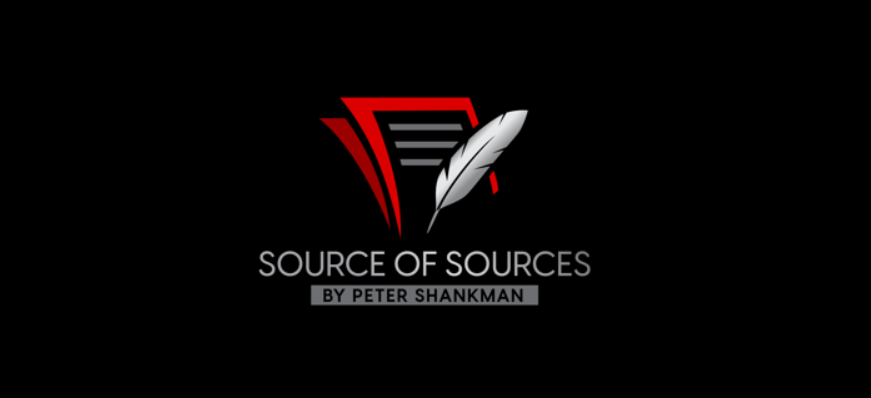

Content, Keywords, and Candidate Intent
- When it comes to keywords, how should employer brands approach the candidate’s search intent? How does this differ from typical SEO keyword strategy?
- What are some of the less obvious SEO metrics or indicators that employers should track to understand how their employer brand is performing?
- What role does social proof (like employee reviews or testimonials) play in employer branding SEO?
If you are leaving off keywords like “Compensation”, you’re missing the boat! While this isn’t of huge import in terms of rankings, you have to satisfy the searcher’s intent: they are job hunting, and compensation is a term they absolutely will “control+F” for.
Looking up monthly search volume for “[brand] + employee review” will tell you how much interest you have from candidates.
Looking up monthly search volume for “[brand] + bad reviews” will reveal more about your candidates’ expectations or concerns coming into the application process.
If the two monthly search volume numbers are matching, people are expecting the worst; if the second search has far lower search volume, you may have a positive reputation out there and applicants are not on their guard!
- With Google’s focus on user experience and search intent, how can employer brands align their strategies to keep up?
Make sure that your website, and specifically the Openings section, are accurate. Intentionally misleading or withholding information that searchers, including job applicants, are looking for is not what Google tends to reward.
- For companies new to SEO, what common mistakes should they avoid in employer branding?
Online Reputation Management should be a strong consideration for any company looking to attract top talent. If you are new to SEO, you need to acknowledge that third party websites have stronger rankings than your own website. If you have poor reviews on websites like Glassdoor and in Google reviews, potential candidates will see those every time they search for your company.
Quick Wins to Boost Your Employer Branding SEO Today
- Audit Your Content
Use tools like Screaming Frog or Ahrefs to identify gaps and areas for improvement on your career pages and blog. - Optimize for Mobile Users
Over half of job seekers browse on mobile devices—ensure your career site loads fast and navigates easily on smaller screens. - Leverage Employee Stories
Publish authentic testimonials and “day-in-the-life” features on your site and on high-authority platforms. - Focus on Candidate-Centric Keywords
Keywords tied to compensation, growth, and work-life balance resonate with candidate intent. Use them naturally in your content. - Respond to Reviews
Address both positive and negative feedback transparently to build trust and improve your online reputation. - Track Trends and Search Intent
Use Google Trends or Answer the Public to stay updated on what candidates are searching for in real time. - Think Long-Term and Short-Term
Use SEO for evergreen content like career pages while running paid ads for time-sensitive job openings.
SEO may not be the usual suspect in employer branding conversations, but as Greg reveals, it’s often the missing link. With a few strategic shifts and adherence to these best practices, companies can make their employer brand more visible, more credible, and far more attractive to top talent. Ready to take the first step? Your ideal candidates are just a search away.
Takeaways
Why does SEO matter for employer branding?
SEO boosts your visibility, helping you connect with top talent by aligning your content with their search intent. Think of it as your brand’s digital handshake—strong, confident, and impossible to miss.
What’s the first step for companies new to SEO?
Start with a content audit. Use free tools like Google Search Console or Moz’s free SEO tools to identify missing meta descriptions, irrelevant keywords, and slow-loading pages on your career site.
How do you optimize for Branded Search?
Claim and update profiles on Google My Business, Glassdoor, and LinkedIn. Make sure all content is accurate, consistent, and paints a positive picture of your brand.
What keywords are essential for employer branding?
Target “[Brand] + jobs,” “employee reviews,” and terms tied to candidate intent like “compensation at [Brand]” or “work-life balance at [Brand].” These searches reveal what candidates really want to know.
How can smaller teams implement SEO without experts?
Start small with free tools like Ubersuggest or Source of Sources for keyword research and link-building. Basic optimizations—like clear job titles and engaging meta descriptions—go a long way.
How can you optimize career pages effectively?
- Use schema markup for job postings so Google indexes them correctly.
- Include descriptive headers, keyword-rich meta tags, and links to employee testimonials.
- Ensure pages load quickly and are mobile-friendly, as over 50% of job seekers browse on their phones.
What role does social proof play in SEO?
Employee testimonials and reviews boost credibility and enhance search rankings. Collect these regularly and highlight them on your career site, linking back to third-party platforms for added SEO value.
What role does AI play in SEO for employer branding?
AI tools simplify keyword research, predict trending queries, and help automate the creation of content tailored to candidates, making SEO accessible even to small teams.
What are common SEO mistakes in employer branding?
Avoid keyword stuffing, overlooking mobile optimization, and neglecting to respond to reviews. These can undermine trust and harm your brand’s visibility.
About Greg
Greg Heilers is the co-founder of Jolly SEO, a boutique agency specializing in white-hat backlinks via manual outreach. Trusted by SaaS companies, e-commerce brands, and startups alike, their team is on a mission to prove that great SEO doesn’t have to be black magic. Just thoughtful strategy, quality content, and a lot of elbow grease.


